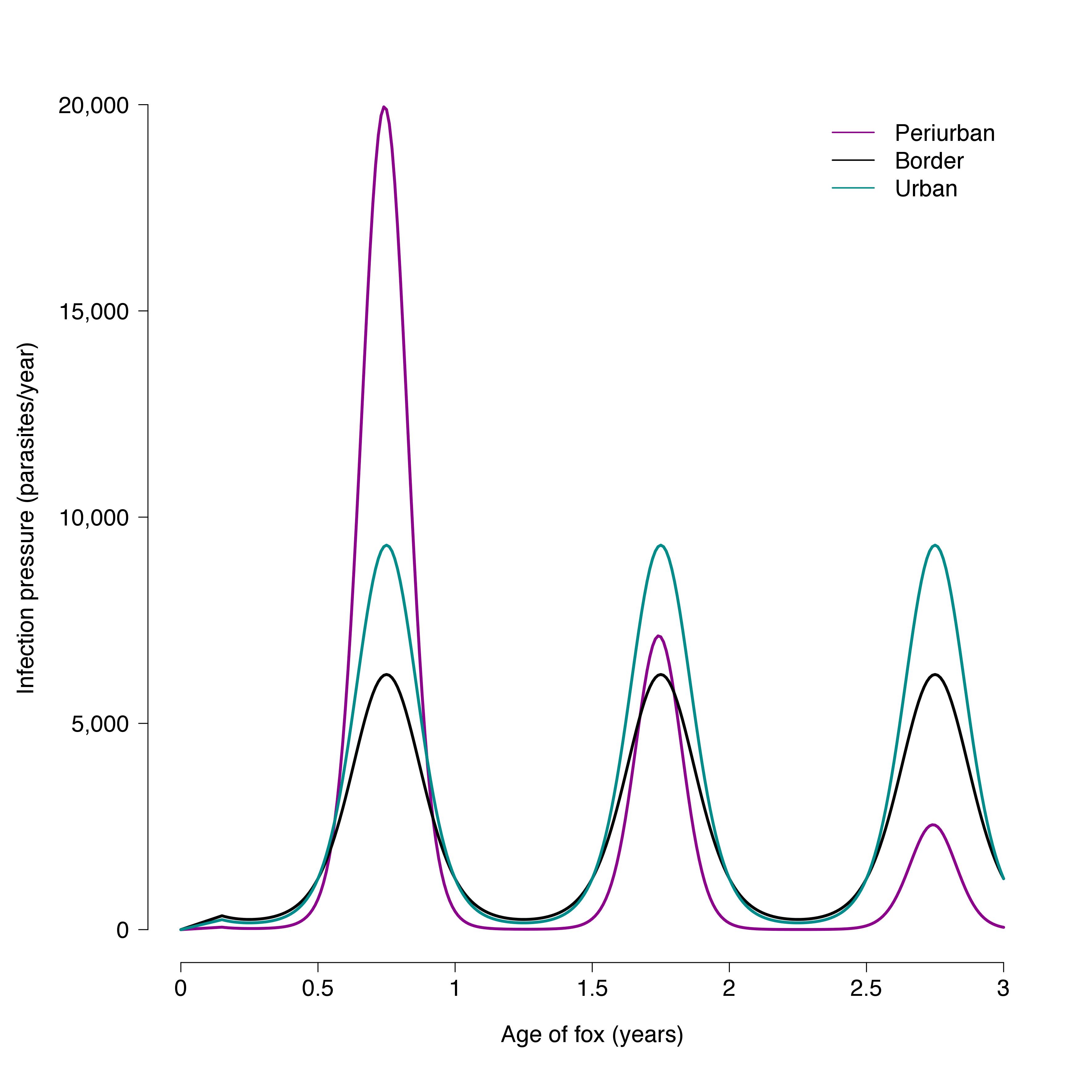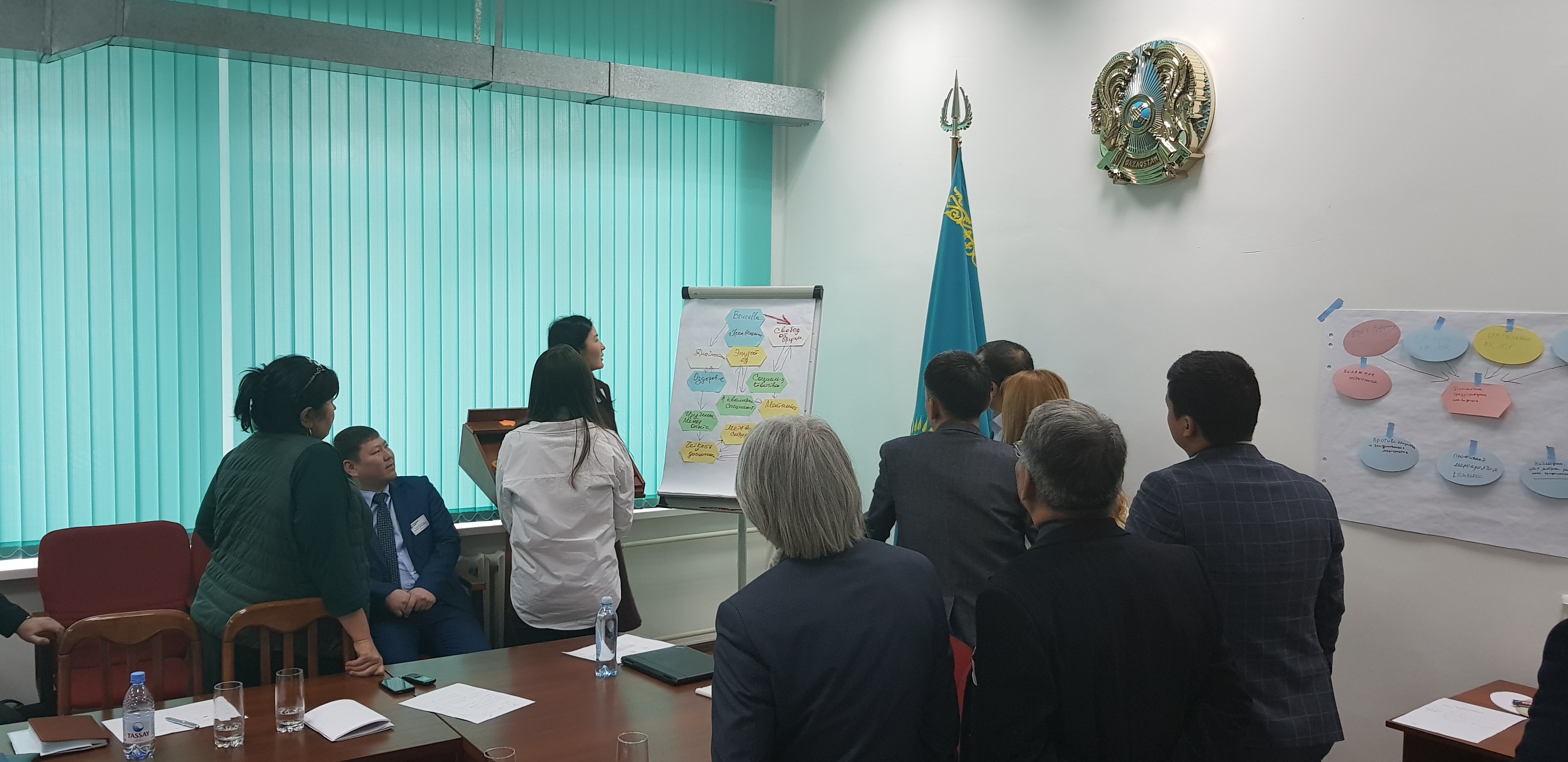Research Interests
Disease Economics and Burden
Our focus is on the application and development of tools to measure the burden of diseases within populations. This can range from an economic analysis of the effects of a disease of agricultural interest to diseases, particularly zoonotic diseases that cause of burden on human populations. We use stochastic sampling techniques to measure uncertainty and we work closely with the WHO on the global burden of foodborne diseases initiative and with BRAFO - A Specific Support Action to Investigate the Risk Benefit Analysis for Foods. Most recently we are involved in an international project assessing the Global Burden of Animal Diseases.
Transmission Modelling
We have an interest in developing transmission models for infectious diseases, but more particularly with parasitic zoonoses such as Echinococcus spp. We have numerous collaborative links in this area with institutes in the UK, France, China and central Asia. We are also interested in how parasites are distributed within their host species within populations and how this can affect their transmission. The highly aggregated nature of parasite infections in hosts also results in a number of statistical challenges which require innovative approaches to solve.
Evaluation of DiagnosticTests
Diagnostic tests are rarely 100% accurate and many have significant shortcomings in their sensitivity and specificity. We are interested in developing latent class and Bayesian models to gain better estimates of the performance of diagnostic tests in a variety of situation, particularly in the absence of a gold standard. We are also interested in incorporating such diagnostic uncertainty into economic and transmission modelling in a stochastic approach.
One Health
One Health has become a popular term used in a variety of contexts. In collaboration with a large European network we set out to study what this term encompasses and how the expectations that this term evokes in scientists and policy makers can be measured. We then developed an evaluation framework based on systems theory and are now studying the way systems thinking is adopted by stakeholders in various settings. We advise and facilitate workshops on implementation of inter- and transdisciplinary projects, system thinking, and integrated approaches to health more generally.
Climate and Disease
Another research interest lies in climate variables (and their potential interactions) which have an influence on the occurrence of animal diseases and zoonoses in Switzerland.
Ethics and Veterinary Medicine
In collaboration with ethicists we are dealing with ethical questions in the field of veterinary medicine with a focus on practical approaches.


